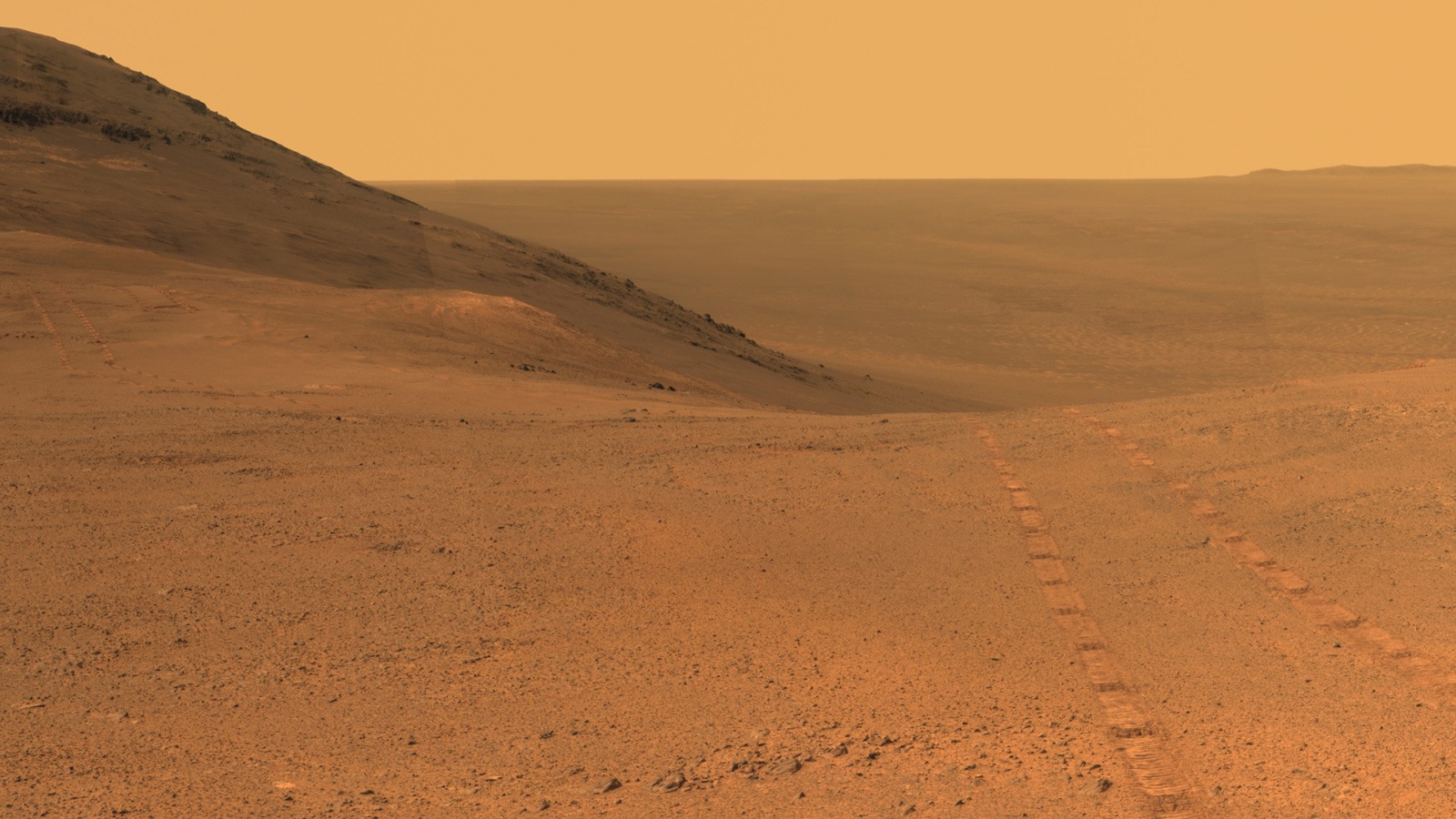For thousands of years, humans are looking at the stars wondering if there is someone else… out there. And although Earth is the only planet in our galaxy that for certain has life, scientists continue to search for evidence of life in other planets.
Take, for example, Mars. Nasa’s next rover mission has the specific aim of identifying evidence of past biology. A six-wheel robot will touch down on Mars in 2021.
Scientists think that it would be easier to detect signs of ancient life on the Red Planet than it is on Earth.
The planet is not the most hospitable of places. Although Earth’s magnetic field keeps space radiation away from its surface, Mars does not have that… defense mechanism. Although there are signs that there was water on Mars, that is far less than water on Earth.
So, how possible is life on Mars?
What we know so far
Last June Nasa’s Curiosity rover found evidence preserved in rocks on Mars that suggests the planet could have supported ancient life. Moreover, according to NASA’s Press Release, there is new evidence in the Martian atmosphere that relates to the search for current life on the Red Planet.

NASA found organic molecules in 3 billion-year-old rocks. Those contain carbon and hydrogen and may include oxygen, nitrogen and other elements. Though these elements are associated with life, organic molecules can also be created by non-biological processes. For Nasa, these findings are not necessarily evidence of life, but they are the basis for the new mission that will focus specifically on that.
Scientists also found evidence that in the distant past, Mars had liquid water that was gathered in pools at the planet’s surface. Images sent by Curiosity revealed that billions of years ago, there was a water lake inside Gale Crater. That lake had all the ingredients necessary for life.
Curiosity found something else, as well. A seasonal “breathing”, if we may call it that. Specifically, it discovered seasonal variations in the levels o methane in the atmosphere of Mars over the course of three years (Mars time, six years Earth time). Levels of methane within Gale Crater repeatedly peak in summer months and drop in winter.
Although this change in numbers could be attributed to water-rock chemistry, NASA doesn’t rule out the possibility of biological origins.
What NASA hopes to find

In its next mission, NASA hopes to find the origins of those organic molecules. Scientists also hope that they will learn why there is a difference in the levels of methane.
Of course, when we think of life on Mars, we can’t think of the images that popular culture has created: green creatures with bad intentions. When scientists speak about life, they mean the existence of microbes. Those might have been on the surface of Mars billions of years ago.
The new rover will search for clues in rocks that are 3.9 billion years old. It will be dropped into the Jezero Crater. Satellite images suggest that there was once a deep lake in the Crater.
Nasa hopes to find evidence of microbes presence if they lived in or around this lake.
The new rover will drill samples, pack them in canisters and leave them on the ground of Mars. Scientists are going to retrieve these at a later date, probably in the early 2030s. Nasa and Esa (its European counterpart) are planning a joint mission with the purpose of retrieving the samples from the rover. Scientists hope that the new rover will be able to gather about 40 samples.
In addition to looking for living bacteria, NASA will search for tiny fossils. These might indicate that life started early in the history of the Red Planet, but it did not survive. So, unlike Earth bacteria would not evolve into larger life forms.
Observation and new evidence are the basis of understanding how Mars was billions of years ago and finding if there had any life form. Humans might not get a definitive answer until they go on their first manned mission to the Red Planet (and that is still a distant possibility). Until then scientists will gather evidence and humans will dream of life on Mars.









